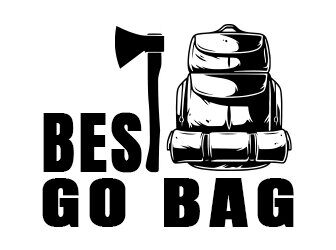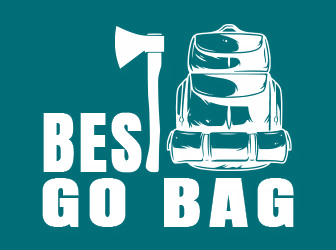It can seem daunting to begin with an organic vegetable or herbal garden for the first time, but there are a few better ways to be good to the planet while also being good to yourself and enjoying yourself.
RELATED: 10 Gardening Tips And Tricks You Can Use Right Now!
Starting With Organic Vegetable and Herbal Gardening

If you already eat some organic herbs and vegetables, you will surely appreciate the better taste, the health benefits, and also the lack of harmful residual substances.
Imagine how great it would be if you had an organic garden that would furnish you with a plentiful supply!
The first thing that you should do, as it will take a little while for this to be ready, is to separate your kitchen waste from the rest and build a compost heap.
This can also be done indoors. Compost will prove a great boon as it is the best natural fertilizer for an organic garden and its vegetables and herbs.
Besides eliminating the need for fertilizer, compost retains moisture and therefore allows you to use less water on your organic garden.
You can put all kinds of kitchen refuse and garden cuttings on your compost heap, just make sure to avoid big quantities of meat or fish, and don’t add human or pet dung! These are too acidic and also the wrong kind of bacteria.
The second step will be to get organic seeds so that you can start to grow vegetables and herbs in your organic garden. Don’t take any seeds, the vast majority are industrially and not organically grown.
There probably are specialized shops that sell organic seeds for gardening in your area, but you can also buy them through an online shop and have them mailed to you.
Online is probably better for most users, as you get the convenience of choosing from home from a bigger catalog, and as for all mailed products, you can return organic gardening supplies if they are not up to your expectation.
Once you have the organic seeds, don’t plant them outdoors right away but let them sprout inside the house, using organic soil in small pots.
There isn’t much that can go wrong at this stage, but avoid giving your seedlings too much water or they will drown.
Once the first leaves are showing, put them into individual pots as preparation for outdoor planting in your organic garden.
There are some fine composting pots that you can use, plant them in the ground together with your seedling and let them act as an extra natural fertilizer for your organic garden.
Now that you have compost and grown seedlings, you will also need good organic soil. This earth is much better as it acts as a natural pest controller, and will let your plants grow more vigorously.
If you had an on-organic garden or flower bed where your organic garden is going to be planted, we recommend removing and substituting a layer of old soil altogether.
Once you have some good compost, spread it over your soil. The layer should be about two inches thick. If done correctly, the compost alone will contribute all the necessary nutrients and minerals that your organic vegetable and herbal garden need to grow and flourish.
Check out OrganicHerbalGardening.com for comprehensive resources on how to organize your herbal garden. Click on a link to find all the information that you may want about organic gardening at your fingertips.
Article Source: https://EzineArticles.com/expert/Susan_Honeywell/269872
Up Next:
- Prepping For 30 Days [PODCAST]
- How to Make Mead | DIY Mead In 6 Steps
- Kevin Estela and the Flip Flop BBQ Guy | Grilling Technique [PODCAST]
Don’t forget to stay connected with us on Facebook, Twitter, Pinterest, and Instagram!
Article Source: http://EzineArticles.com/


